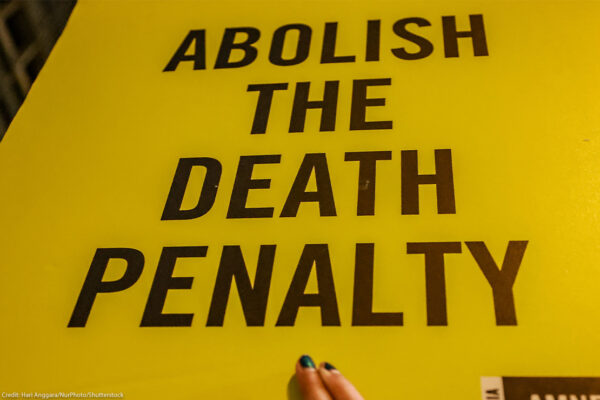Louisiana Supreme Court Sees Problems with the Confederate Flag, but Allows it to Wave for Now
In 1951, in response to the burgeoning civil rights movement, Caddo Parish, Louisiana defiantly raised a Confederate flag outside the entrance to its courthouse. It flies there today.
In 2009, long-time Caddo Parish resident Carl Staples, an African-American man, was summoned to jury service for a capital case. During jury selection, Mr. Staples courageously told the judge his great concern with serving as a juror when the Confederate flag flew outside the courthouse:
[The flag] is a symbol of one of the most . . . heinous crimes ever committed to another member of the human race, and I just don't see how you could say that, I mean, you're here for justice, and then again you overlook this great injustice by continuing to fly this flag which . . put[s] salt in the wounds of . . . people of color. I don't buy it.
The prosecution removed Mr. Staples from the jury, and the trial attorneys for the defendant, Felton Dorsey, did not object. Mr. Dorsey, an African-American, was ultimately sentenced to death for the murder of a white man.
During Mr. Dorsey's appeal to the Louisiana Supreme Court, the ACLU represented Mr. Staples and a broad coalition of other worthies, including Louisiana clergy leaders, academics from around the world and other civil rights organizations, who also "don't buy" the idea that the Confederate flag has a place at the people's hall of justice. On their behalf, the ACLU filed a friend-of-the-court brief arguing that the flag's presence at the courthouse risks tainting the capital punishment system with racial bias in two ways: First, the flag risks excluding potential African-American jurors, like Mr. Staples, who are unwilling to serve on Caddo Parish juries underneath a symbol of white supremacy. Second, the presence of the flag risks implicitly encouraging courthouse participants to treat African-American defendants and victims as second-class citizens.
Yesterday, the Louisiana Supreme Court issued an opinion addressing the charges of "endemic racism" in Caddo Parish and agreeing with us that the presence of the Confederate flag prominently displayed outside a Louisiana courthouse could be offensive to some. Unfortunately, the Court allowed Mr. Dorsey's conviction and death sentence to stand anyway, since his trial lawyers had not raised any objection to the flag's potential bias at his trial. Still, the court's ruling is an important victory for racial justice, as it joined many other courts in acknowledging that the Confederate flag, for many people, is a symbol of white supremacy and oppression.
The Confederate flag is also emblematic of the racial discrimination in jury selection within Caddo's courthouse doors. The prosecutor in Mr. Dorsey's case struck African-American potential jurors at a rate more than three times that of whites. In the end, only one African-American served on the jury, when more than half of the parish's population is African-American.
Importantly, the Court on Wednesday re-asserted the bedrock principle that race should never play a role in capital cases. The court's ruling invites future capital defendants in the parish to address this issue in the trial court. We know that Mr. Staples is not alone, and we look forward to the type of hearing the Supreme Court suggests, in order to establish that the presence of the Confederate flag at the Caddo courthouse renders the capital trials held there inherently unfair.The ACLU will continue to monitor the parish's capital punishment practices until the flag comes down and its legacy of racial discrimination is eliminated.
Learn more about the death penalty: Sign up for breaking news alerts, follow us on Twitter, and like us on Facebook.


